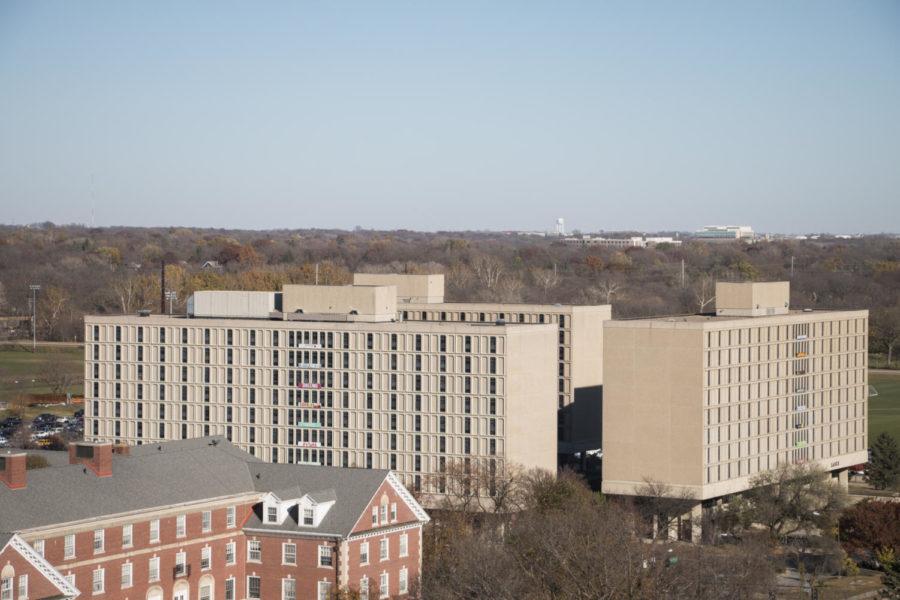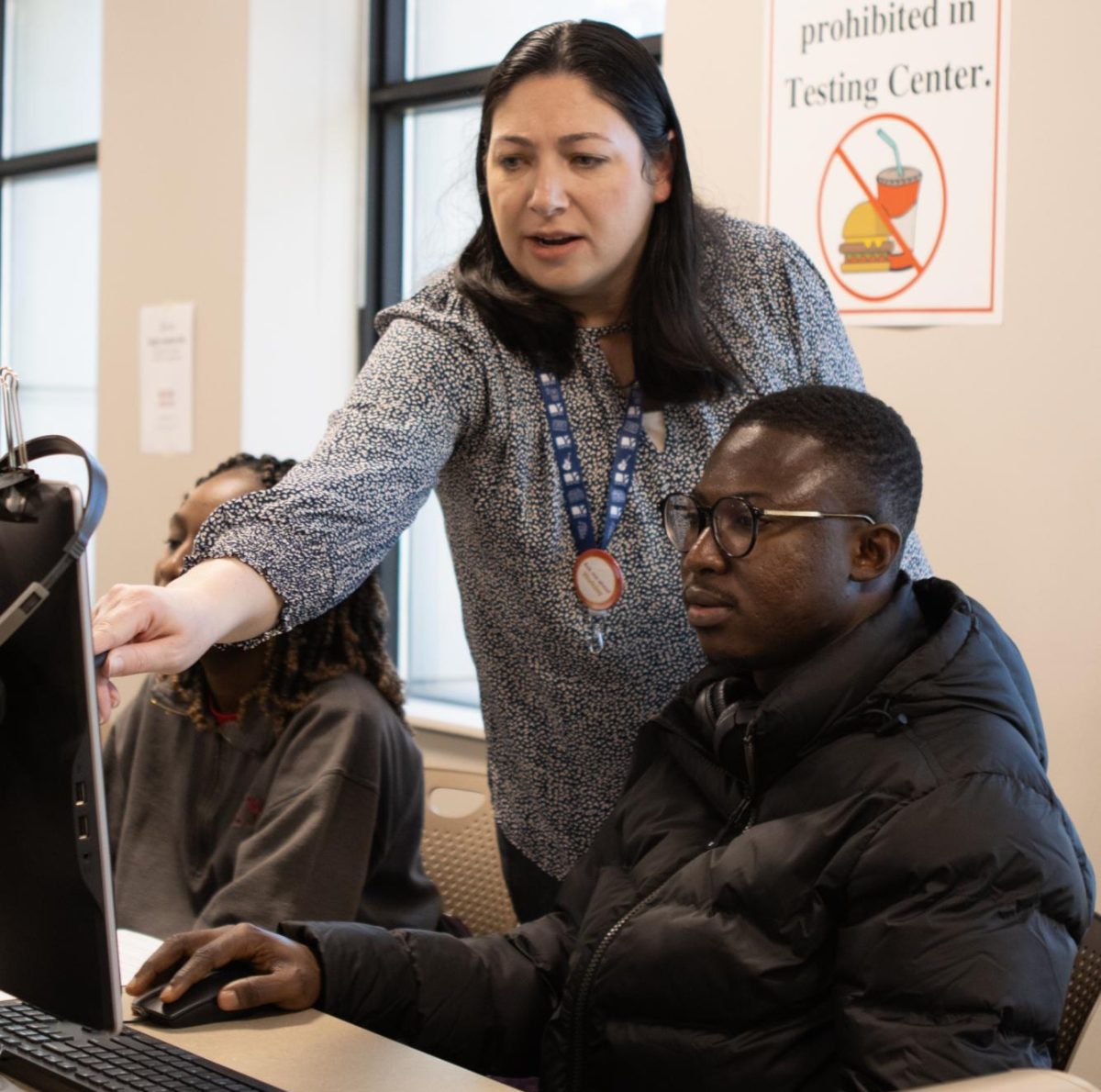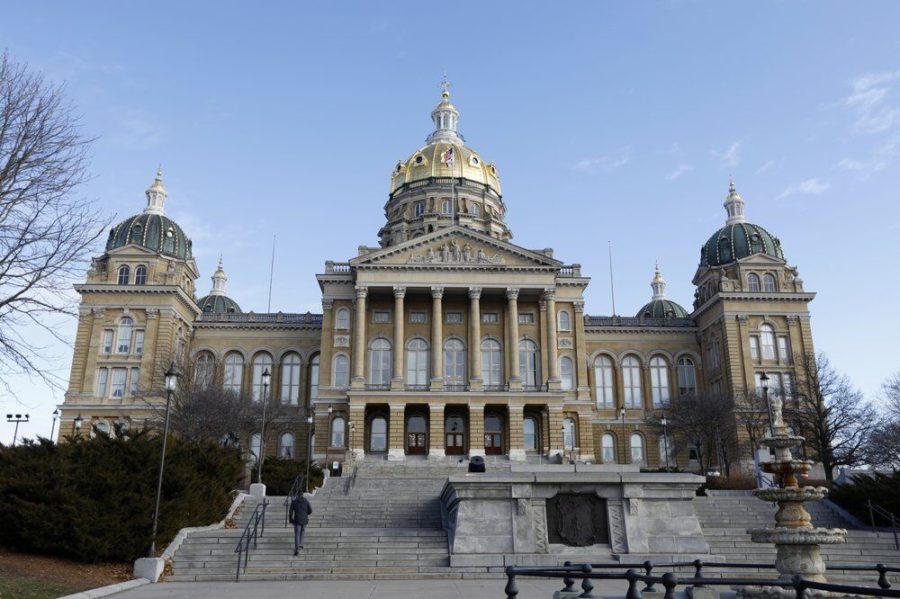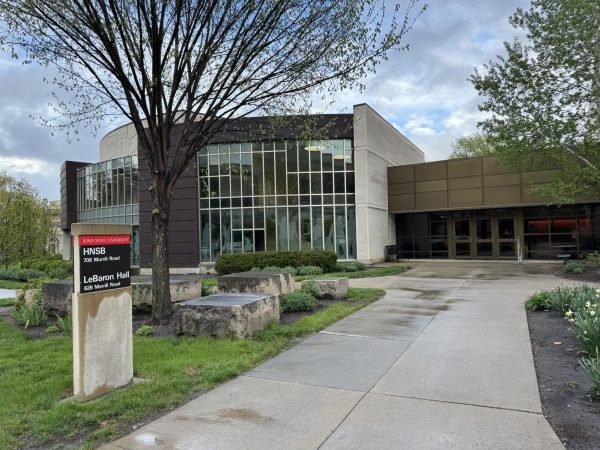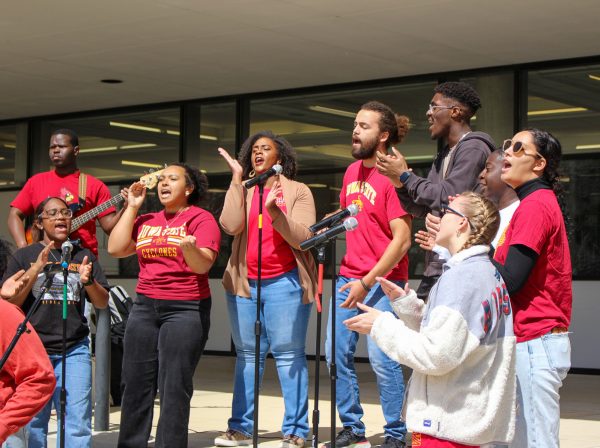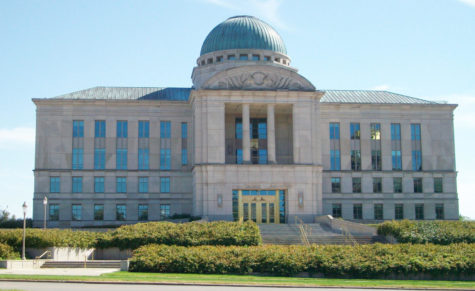FBI warns universities to prepare for terror attacks
February 14, 2003
Federal Bureau of Investigation officials announced Tuesday that American colleges and universities may be an al-Qaida target for terrorist attacks.
Although Robert Muller III, director of the FBI, did not indicate there were any specific threats, ISU officials said this recent announcement has prompted them to increase awareness concerning security and suspicious activity.
ISU Police Capt. Gene Deisinger said one reason colleges and universities may be targets is the large numbers of people in one area.
“There might be a perception that universities may not guard against terrorist activities,” Deisinger said. He said the perception might be that security at colleges is not as high as more high-profile areas.
ISU Police and other ISU and Ames businesses said they take precautions against terrorist activities.
Deisinger, who is also Iowa State’s Federal Joint Terrorism Task Force representative, said he communicates with local, state and federal officials on a regular basis concerning terrorist threats.
Police also patrol the campus to deter activities and limit access to certain facilities on campus.
David Baldwin, environment and protection scientist at the Ames Laboratory, said the Ames Laboratory has increased its security.
“It is always prudent to make sure you are not a soft target,” Baldwin said.
He said the Ames Laboratory now locks all exterior doors, requires all employees to wear badges, and requires visitors to have badges or be escorted by an employee.
Dorothy Lewis, director of Academic Information Technologies, said the AIT office has not taken any specific action concerning the FBI statements.
“Although there is a heightened sense of concern, what we are simply doing is following our standard operating behavior, which is being aware of anything going on in our building,” Lewis said.
Lewis said the AIT office has not noticed any suspicious activity recently, but is always on alert for attacks through the ISU network. Lewis said they eliminate those network attacks as soon as possible.
Kate Bruns, communication specialist for the department of residence, said residence hall staff have been trained on how to handle suspicious activity.
Bruns also said the department of residence goes by the student affairs handbook which includes a section on how to handle terrorist activity. She said residence hall staff will just continue to follow that handbook.
ISU Police have asked ISU officials to report any suspicious activity.
Deisinger said suspicious activity includes unusual correspondence or communication about how operating systems work, unusual interest in infrastructure, or individuals monitoring places that are out of the ordinary.
He said ISU Police have not received any reports of any suspicious activity to his knowledge. The Ames Laboratory, the AIT office, and the department of residence officials also reported they were not aware of any suspicious activity.
“We should just be aware what are possible targets,” Deisinger said.


